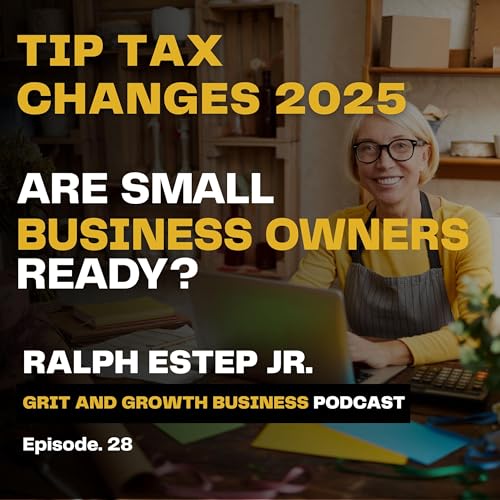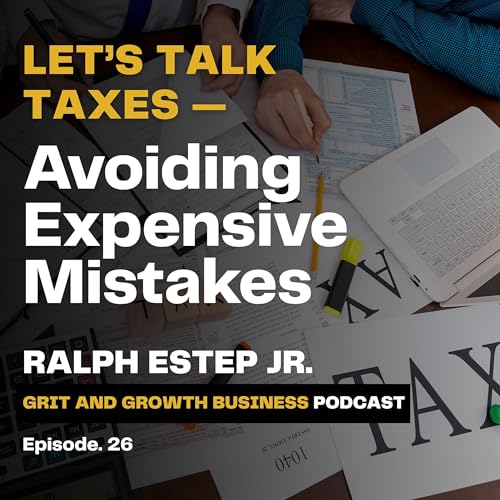Let’s talk about a game-changing federal tax law that affects how we handle tips and overtime. The New Overtime and Tip Tax Law — What It Means for Small Business Owners isn’t just another policy update—it’s a big deal for business owners, whether you’re running a restaurant, a salon, or any other gig where tips and extra hours come into play. We’re diving deep into what this means for your business, your team, and your profits, and trust me, you’ll want to stay ahead of the curve on this one. I’ll break it down so you can understand it well enough to explain it to your staff without scratching your head. So, if you’re ready to navigate this tax maze and potentially save some cash, grab a seat and let’s roll!
Read today's blog article
Check out the full podcast episode here
If you're in the biz world, you know that changes in tax laws can feel like a punch to the gut, especially when they come out of nowhere. Well, grab your coffee and settle in, because this episode dives deep into the recent federal tax law overhaul affecting overtime and tips. We break down the nitty-gritty details, so you know exactly what this means for your business and your bottom line. This isn't just fluff—this is about real money that could end up in your pocket or your employees' pockets. We're talking deductions for qualified tips and overtime that could save you a pretty penny come tax season. We ain't just throwing around jargon here; we want to make sure you're ready for when tax time rolls around. And hey, if you're a business owner with hourly workers, servers, or anyone who gets a little extra for their hustle, this episode is tailor-made for you. We cover tracking tips, understanding what qualifies for deductions, and how to communicate these changes to your team. So, buckle up, because we’re not just skimming the surface here—this is a full-on dive into keeping your finances straight and your team informed!
Takeaways:
- This new federal tax law changes the game for how tips and overtime are taxed, so it's essential for business owners to understand the details to avoid future headaches.
- Tracking tips and overtime separately is key to maximizing deductions and keeping employees informed about their earnings come tax season.
- The deductions are not immediate benefits; they will show up when employees file their taxes, which means managing expectations is crucial for employee satisfaction.
- Business owners should start tracking tips and overtime now to ensure compliance and avoid scrambling when tax season rolls around next year.
Links referenced in this episode:
- gritandgrowthbusiness.com
- gritandgrowthbusiness.com/join
👉 Ready to take your business growth to the next level?
Join the Grit and Growth Business Community for exclusive access to weekly action sheets, business toolkits, and behind-the-scenes coaching from Ralph Estep Jr. Move from inspiration to implementation and start building your business with clarity, confidence, and purpose.
Join now at gritandgrowthbusiness.com/join
 1 分
1 分 2026/01/0231 分
2026/01/0231 分 2025/12/2647 分
2025/12/2647 分 30 分
30 分 2025/12/1240 分
2025/12/1240 分 32 分
32 分 2025/12/0248 分
2025/12/0248 分 20 分
20 分
